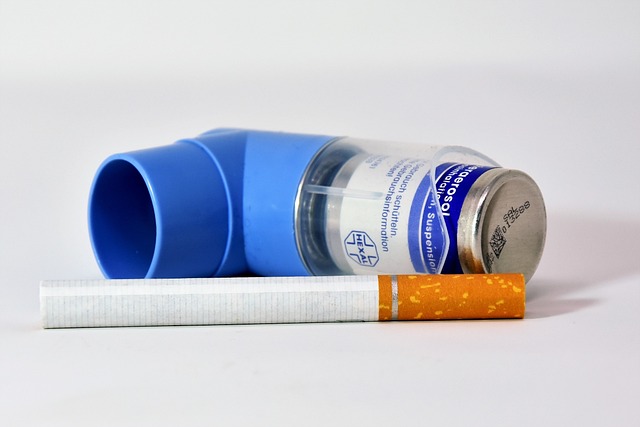Asthma: Myths & Misconceptions

During the 2024 Annual Indiana Joint Asthma Coalition Summit, presenters spoke about Myths and Misconceptions surrounding Asthma. Asthma is a chronic disease that causes muscle tightening and inflammation in the airways which makes it difficult to breathe. Presenters spoke about how asthma affects and is affected by exercising, vaping and tobacco use, and housing. The information shared can help others understand the complexity of asthma and how to support those with the condition.
Asthma causes people to be less engaged in physical activity, but exercising can be beneficial to those with asthma. Dr. Basil M. Kahwash shared during the summit that deeper breathing performed during physical activity can help counteract the tight airways caused by asthma, boost mood, improve posture, and maintain chest expansion. For many children, exercise can reduce the need for asthma medication and emergency department visits. While, for adults, it can improve quality of life and decrease asthma symptoms. Many professional athletes live with asthma, including 8% of all Olympic athletes, serving as a great motivator for others with the condition to stay active. For many people with asthma, exercising can be difficult but different types of exercise can expand from running, fitness classes, group sports, walking and even completing household chores. Many options are also free, cheap, and can take only a small portion of an individual’s day.
Vaping and tobacco smoke are extremely harmful to both smokers and those around them, including individuals with asthma. Cathy Thomas with the Indiana Division of Mental Health and Addiction shared that about 18% of adults with asthma smoke, compared to 13.6% of adults without asthma who smoke. Tobacco smoke can be a trigger for asthmatics, but even non-smokers can be affected by secondhand smoke which is exhaled by the smoker and the cigarette, and thirdhand smoke which is the residue that sticks to surfaces such as drywall and your clothes. It is important to remember that E-cigarettes are not harmless, and still result in second and third-hand smoke. Steps to protect non-smokers include smoking outside, away from others, and using designated smoking clothes. While speaking to someone about quitting is important, remember to be non-judgmental, clear, and personal in your conversations. Quit Now Indiana can be a helpful tool for those who are looking to quit.
During the Summit, Amanda Reddy with the National Center for Healthy Housing, spoke about asthma and housing. She shared that housing can be a solution and a problem for asthma. This is an important topic for supporting those with asthma, as Americans spend 70% of their time in their homes. About 40% of homes have at least one health and safety hazard which can affect asthma. These hazards include mold, cleaning and clutter, humidity, structural issues, and more. Properly maintained homes can reduce the risk of asthma symptoms and other illnesses. While housing quality can be affected by lots of things including location, affordability, and demographics, we can still work to make changes through actions like having programs and policies to support residents including the CAPP+ Home repair program which is working to improve homes for families. The National Center for Healthy Housing is working to decrease these risks and make homes safer for everyone, including those with asthma. Hoosiers are encouraged to recognize the role they play in supporting individuals with asthma and helping to make their lives easier and better. You can get involved by joining the Indiana Joint Asthma Coalition.